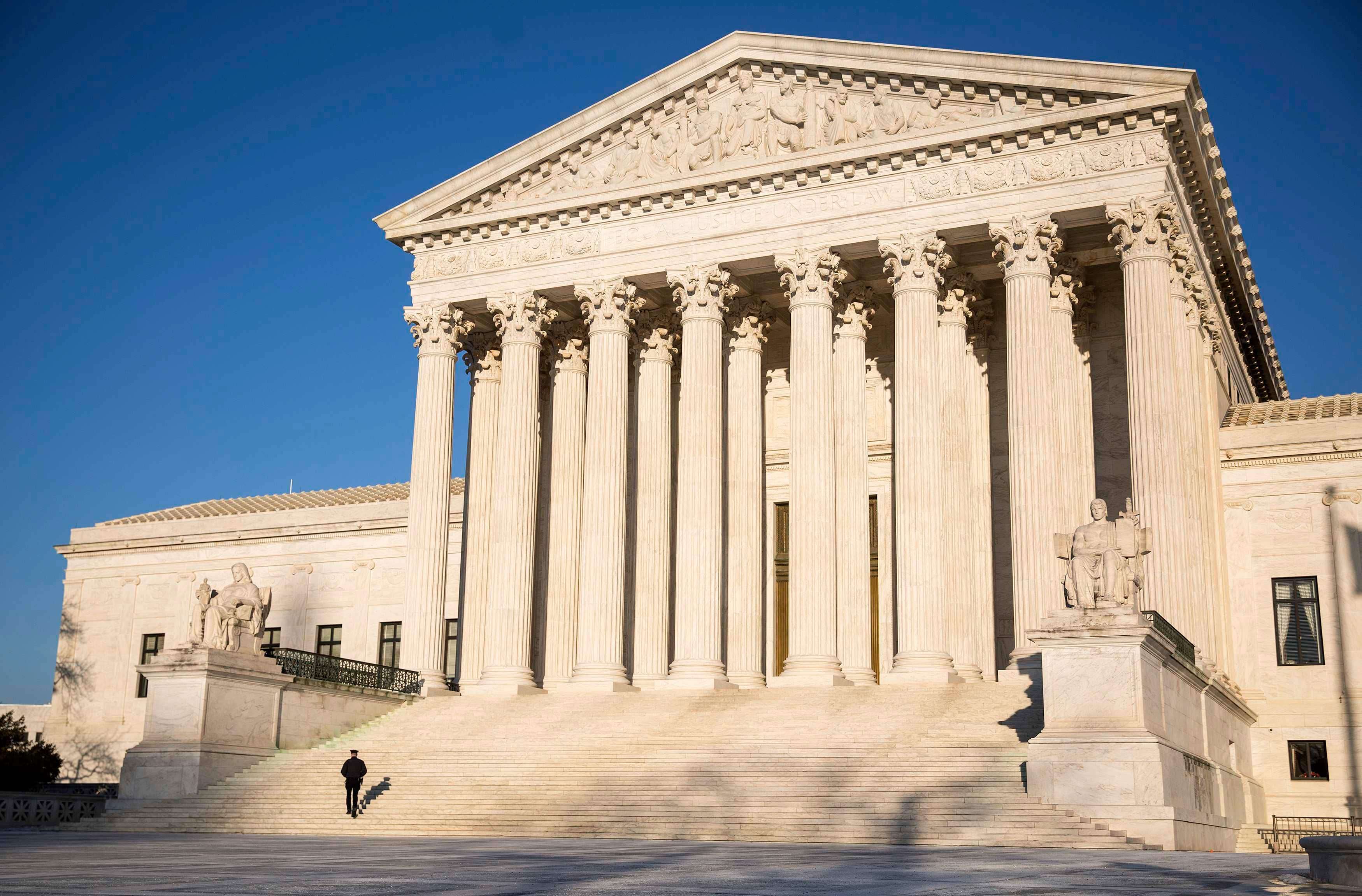The Volokh Conspiracy
Mostly law professors | Sometimes contrarian | Often libertarian | Always independent
'Is SCOTUS a good reason to support Trump?'

Reason's Damon Root has reprinted responses from 10 "libertarian and conservative legal experts" to the question of whether Supreme Court appointments provide a good reason to support Donald Trump for president. Four of the 10 experts are Volokh Conspiracy bloggers, and all of the rest will be familiar to regular readers of the blog.
The responses are short and should be read in full. For those who want the CliffsNotes version, here's a rough and quick breakdown of the 10 responses.
Five of the 10 answers were some form of "no." Most of these responses argued that while Trump's judicial nominees might be marginally better than Hillary Clinton's, that possible benefit is outweighed by the damage Trump would do as head of the executive branch. (Jonathan Adler, Alan Gura, Orin Kerr, Roger Pilon and Timothy Sandefur)
Two of the answers were some form of "maybe." Generally, they argued that Trump's judicial nominees would be better than Clinton's and that reasonable people will disagree on whether other concerns about Trump outweigh that. (Randy Barnett and Michael Rappaport)
Finally, three of the answers were some form of "yes." Generally, they argued that Trump's judicial nominees clearly would be better than Clinton's. These answers did not take a clear position on whether people should vote for Trump, but instead responded only to the question of whether Supreme Court appointments provide a good reason to do so. (David Kopel, Glenn Reynolds and Carrie Severino)
Some of the answers, and the difficulty in classifying them, reflect an ambiguity in the question. A "good reason" might mean a persuasive reason, or it might just mean a plausible reason, and different answers may have made different assumptions about that. But I thought the responses were interesting nonetheless.


Show Comments (0)